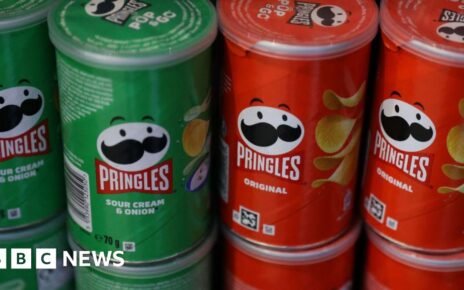OpenAI is working on adding new powers to its artificial intelligence (AI) bot, as it seeks to edge out Google as the go-to search engine.
The company said it was trialling a search feature that incorporates real-time information into its ChatGPT product, allowing the bot to respond to user questions with up-to-date information and links.
The tool is currently available to a limited number of users in the US.
But it is expected to eventually be incorporated into the company’s ChatGPT bot, which launched the wave of excitement about AI when it burst on the scene in 2022.
OpenAI, which is backed by Microsoft, has since introduced numerous tools, including for coding, making videos, data analysis and creating images.
It said its users would also be able to ask the new search tool follow-up questions to their original queries.
“Getting answers on the web can take a lot of effort, often requiring multiple attempts to get relevant results,” the company said in its announcement.
“We believe that by enhancing the conversational capabilities of our models with real-time information from the web, finding what you’re looking for can be faster and easier.”
Analysts have long argued that AI chatbots are the future of search.
That is currently a very lucrative business for Google, which has been racing to add AI-powered tools of its own.
Shares in its parent company, Alphabet, fell more than 2.4% following the announcement.
Google remains by far the dominant player in search, claiming more than 90% of the market globally.
The expansion of AI has raised environmental concerns, however, because of how much energy the systems use.
The changes to how search engines respond to queries – offering conversational paragraphs instead of directing users to links – have also raised alarm among news companies, many of which rely on search traffic for audiences and revenue.
OpenAI said it was working with publishers, including The Atlantic and News Corp, on its new search feature.
“We are committed to a thriving ecosystem of publishers and creators,” the company said.
“In addition to launching the SearchGPT prototype, we are also launching a way for publishers to manage how they appear in SearchGPT, so publishers have more choices.”
The company has previously been sued by for allegedly “stealing” content to train its systems, including by the The New York Times.
It has also announced partnerships with some outlets, including The Associated Press.
OpenAI said media companies could still be featured in their results, even if they have declined to supply their material to train its model.



